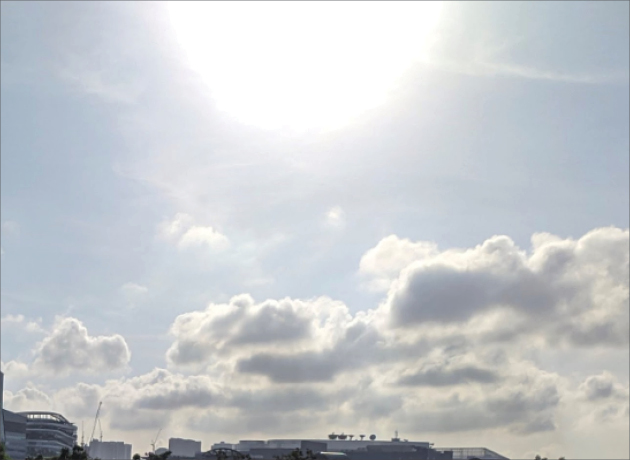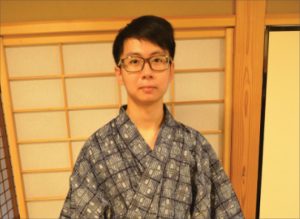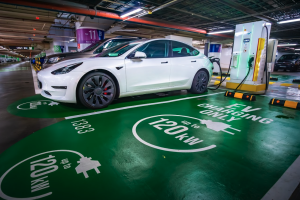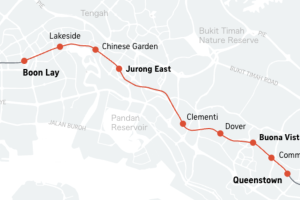2022.04.06
Youth Report by NUS
シンガポール国立大学(NUS)語学教育研究センター(CLS)LAJ4203 Newspaper Readingの日本語履修生が日本語で様々なトピックを綴ります。
暑さの影響

「暑い!でもしょうがない」と思ったことはありませんか。時々出かける時に、私はそう思います。
シンガポールは四季がなく、一年を通してずっと暑い国とされています。しかし、暑くても「しょうがない」というわけではありません。2020年10月、シンガポール国立大学とシンガポールのETHセンター、および海外からの研究者が「生産性と健康に対する暑さの影響」の研究を開始しました。
その研究は、「Project Heat-Safe」と言います。シンガポール国立大学の主任研究員ジェイソン・リー准教授によると、研究のきっかけは暑さで意思決定能力が低下し、事故につながったケースもあったからだそうです。特に、建築現場や、ホーカーセンターなど労働集約型産業に従事している労働者を対象として研究を行うそうです。最終的には、暑さの影響を減らすための労働条件の改善、また、新たにどんな対策を講じるべきか検討することを目指しているということです。
暑さは私たちに何もしたくない感じを引き起こす場合もあると思います。太陽の下、過酷な環境で働いている労働者はなおさら生産性が低下するのは考えられないことではないでしょう。生産性の低下を緩和するための対策が不可欠になります。生産性という問題は持続可能な開発目標(Sustainable Development Goals ; SDGs)の第8、「働きがいも経済成長も」に関連すると思います。生産性と経済成長には強い関係があります。しかも、職場での適切な暑さの管理は、労働条件の改善にも役立ち、仕事の満足度の向上にもつながります。
「Project Heat-Safe」の研究を行うことで、暑さの問題を軽減するための対策のコストとメリットも定量化できるのではないでしょうか。したがって、新しい対策案を述べる時にも説得力が増すはずです。将来、シンガポールにおいて効果的な暑さ対策が見つかれば、他の国もそのSDGsに導けばよいのではないかと思います。
《英語翻訳》
“It’s hot! But there is nothing I can do about it”, is something that I found myself complaining about when I go out, sometimes.
Singapore is known to be a hot country throughout the year with no distinct seasons. Yet, that does not necessarily mean that there is nothing we can do about the heat. On October 2020, a group of researchers from National University of Singapore (NUS), Singapore-ETH Centre and various overseas research groups, embarked on a research to study the impact of heat on productivity and health.
The research is named Project Heat-Safe. According to the project’s lead principal investigator, NUS Associate Professor Jason Lee, the motivation for conducting the research is that heat can adversely impact decision-making ability, even leading to an accident in some cases. In particular, the research will be conducted on workers engaged in physical intensive work. Ultimately, the aim is to identify possible policy changes that can help to reduce the impacts of heat on workers.
I am sure there are times where we do not feel like doing anything because the weather is just too hot. It is not unthinkable that workers working in hot and humid environments will be less productive. As such, measures to mitigate the loss in productivity becomes essential. Productivity is related to the Sustainable Development Goals (SDGs) 8, “decent work and economic growth”, since productivity and economic growth are strongly related to each other. In addition, proper measures to manage heat stress in the workplace helps to improve working environments and leads to decent work for all.
Through Project Heat-Safe, I think that the cost and benefits of the measures for alleviating heat stress can be better quantified. As a result, new measures proposed are likely to be more convincing when backed by quantifiable data. In the future, if effective measures against the impact of heat are discovered in Singapore, wouldn’t we be able to also lead other countries to achieve SDGs 8 through heat mitigation measures?

タン・ホンウェイ
化学を専攻しているタン・ホンウェイと申します。日本を旅行するのが好きです。特に風光明媚な場所、例えば日本の庭園や箱根や軽井沢などの自然の美しい場所が好きです。将来日本語が活かせる仕事に就きたいので、これからも精いっぱい頑張ります。どうぞよろしくお願いします。
■気になっているニュース■
“新聞紙がレジ袋に変身”プラごみ減らそう、中学生が考案
プラごみを減らすために、福島県只見町の只見中学校の生徒が新聞紙でレジ袋をつくり、店などで活用されているそうです。プラスチック袋の代わりに新聞紙で作った袋を利用するのは、素晴らしい考案だと思います。プラごみが減らせる上に、新聞紙で作った袋を利用していただいて、プラごみの環境問題の意識も高められると思います。



